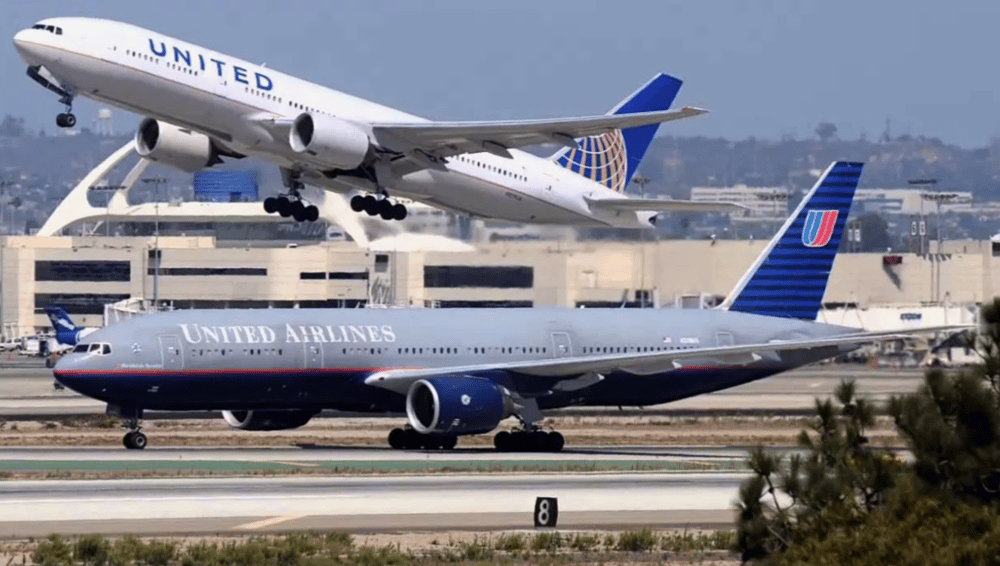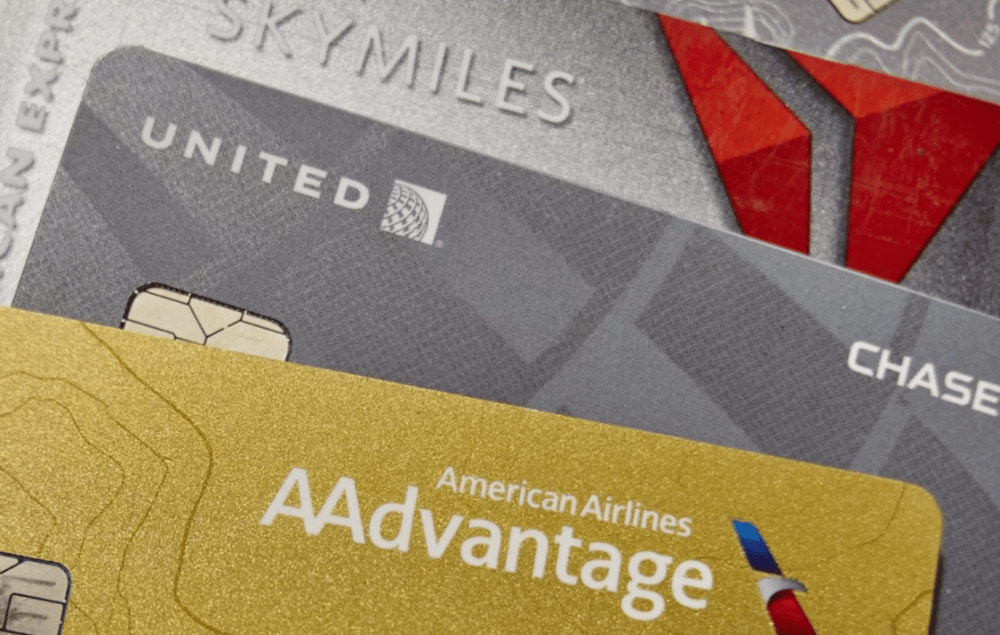U.S. Airlines Oppose Visa and Mastercard Fee Bill Amid Fears for Frequent Flyer Programs
Leading U.S. airlines, including American Airlines $AAL, United Airlines $UAL, and Southwest Airlines $LUV, have voiced strong opposition to a renewed legislative push that seeks to cap interchange fees charged by credit card giants Visa $V and Mastercard $MA. In a formal letter to U.S. senators, the aviation industry warned that the proposed legislation could undermine the economic foundation of rewards-based credit cards, potentially leading to the end of frequent flyer miles programs that are crucial to customer loyalty and airline revenues.
The bill, introduced by Senators Dick Durbin and Roger Marshall, aims to limit the transaction fees merchants pay to card issuers, arguing such fees harm small businesses. However, the aviation sector, backed by aerospace manufacturers such as Boeing $BA, Airbus $AIR.PA, RTX $RTX, and GE Aerospace, argues that the unintended consequences could ripple through the U.S. travel economy.
Economic Risks Tied to Interchange Fee Reform: Airline Industry’s Perspective
The proposed changes would reduce revenue streams from credit card partnerships, especially those involving cobranded airline credit cards, which offer travelers miles and elite status incentives in exchange for spending. Airlines assert that these programs not only drive brand loyalty but also finance low-cost or subsidized ticket prices, particularly in competitive markets.
The proposed cap on swipe fees could discourage financial institutions from offering high-value rewards, thereby weakening one of the few remaining value propositions for credit card usage. Moreover, airlines and aerospace stakeholders argue the fallout could include reduced flight frequency, cutbacks in route development, and overall contraction in tourism-related employment.

Key Industry Facts
American Airlines, United Airlines, Southwest lead the opposition.
Boeing, Airbus, RTX, GE Aerospace support the airline coalition.
Proposed bill would curb interchange fees on Visa and Mastercard transactions.
Frequent flyer programs could be scaled back or eliminated under new cost structures.
Aviation unions co-signed the opposition letter, citing job security risks.
Market Implications and Industry Reaction
Financial analysts note that interchange fee regulation has long been a contentious issue. Supporters of the bill claim it will foster competition among payment processors, ultimately lowering costs for merchants and consumers. However, critics warn that fee limits could prompt banks to reduce rewards or raise cardholder fees, particularly on travel-focused credit products.
From the airlines’ perspective, the erosion of these programs could lead to a decline in discretionary travel spending. Frequent flyer programs, often integrated with card-based partnerships, account for significant ancillary revenue and have proven resilient even in economic downturns.
Meanwhile, payment networks such as Visa and Mastercard face growing regulatory pressure globally, with antitrust scrutiny increasing in both the U.S. and European Union. While the current proposal targets their U.S. interchange model, ripple effects could extend to other verticals if regulatory precedents are established.

Strategic Highlights
Airlines argue the bill threatens the viability of loyalty-driven credit cards.
Aerospace manufacturers back carriers, citing systemic economic risks.
The legislation is seen as favoring merchants at the expense of consumer rewards.
Aviation unions warn of job losses and reduced connectivity in regional markets.
Financial institutions may reprice credit card products or cut reward value.
Swipe Fee Reform Pits Financial Regulation Against Travel Sector Economics
The debate over interchange fee reform highlights a growing tension between consumer cost-saving efforts and the economics of value-added financial products. While regulatory advocates seek to curtail transaction costs for retailers, the aviation industry emphasizes the potential macroeconomic downside of dismantling one of the most influential consumer incentive systems in modern travel.
If the bill advances, the resulting shift in credit card reward economics could reshape how consumers interact with airline brands and disrupt the financial symbiosis that has underpinned airline-credit partnerships for decades. The outcome of this legislative debate may determine not only the future of swipe fees but also the stability of the U.S. travel and tourism ecosystem.















Comments